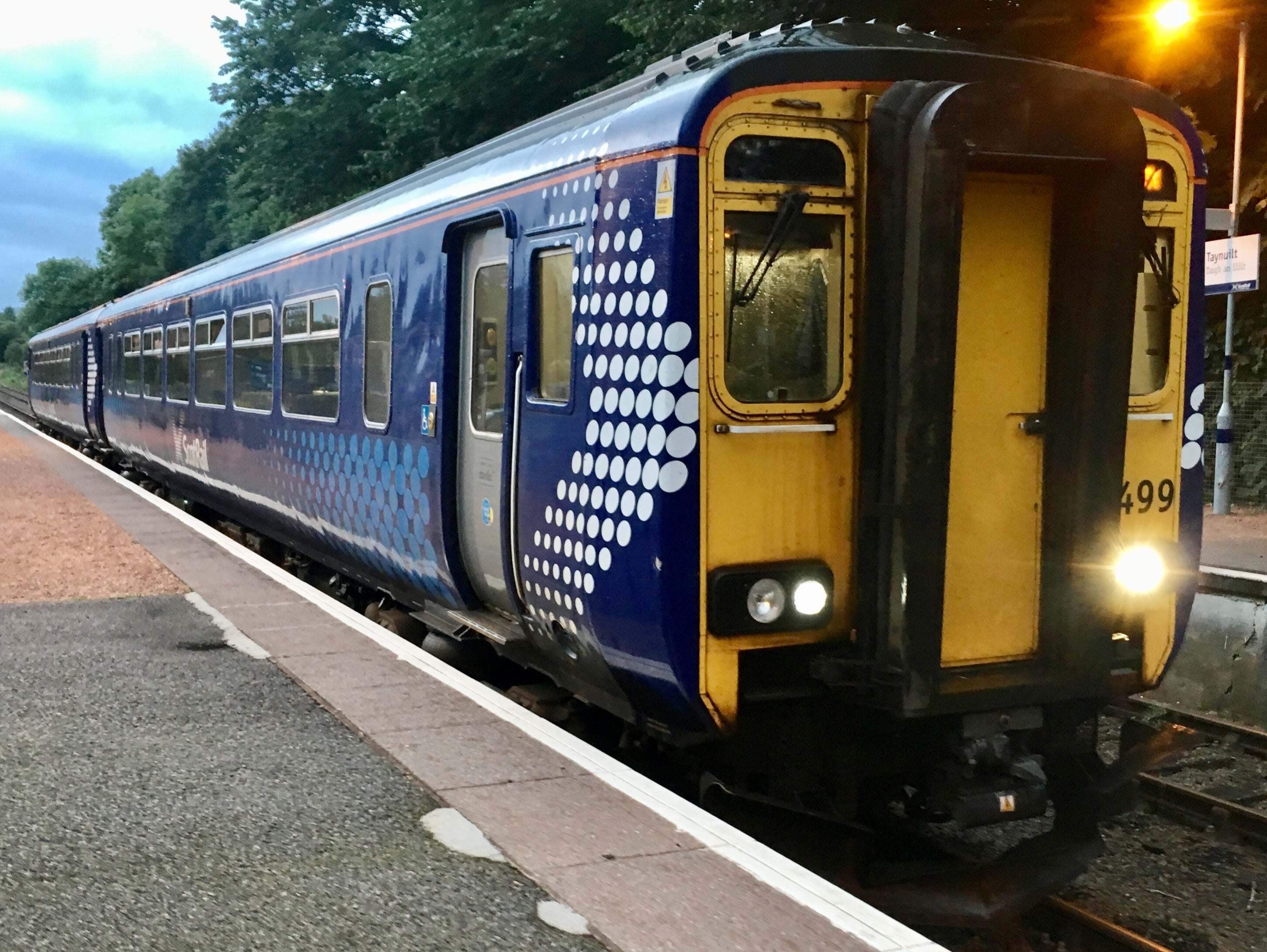Peak rail fares in Scotland to be axed for six months to encourage train travel
Trial will see Edinburgh-Glasgow day-return fare almost halved, with ‘oodles of capacity’ on rush-hour trains

Your support helps us to tell the story
From reproductive rights to climate change to Big Tech, The Independent is on the ground when the story is developing. Whether it's investigating the financials of Elon Musk's pro-Trump PAC or producing our latest documentary, 'The A Word', which shines a light on the American women fighting for reproductive rights, we know how important it is to parse out the facts from the messaging.
At such a critical moment in US history, we need reporters on the ground. Your donation allows us to keep sending journalists to speak to both sides of the story.
The Independent is trusted by Americans across the entire political spectrum. And unlike many other quality news outlets, we choose not to lock Americans out of our reporting and analysis with paywalls. We believe quality journalism should be available to everyone, paid for by those who can afford it.
Your support makes all the difference.The price of a peak-hour day return trip between Edinburgh and Glasgow will soon almost halve, saving travellers £13.40 on the round trip.
All ScotRail peak fares are to be suspended for a spell of six months – beginning some time between April 2023 and March 2024 – with only cheaper off-peak tickets available for “walk-up” passengers.
Scotland’s government says the trial is a bid to persuade more travellers to go by train. Ministers at Holyrood have provided £15m for the experiment.
At present most ScotRail trains that leave at or before 9.15am on weekdays are classed as peak, with sharply higher fares.
Peak pricing also applies to a pair of evening trains between Edinburgh and Glasgow, as well as the 6.30pm to Aberdeen.
But during the six-month trial all travellers buying “walk-up” tickets – without advance booking – will qualify for the lower off-peak fare.
The saving between Edinburgh and Glasgow is 48 per cent. The one-way fare from Perth to Stirling before 9.15am drops from £15.40 to £9.10, down 41 per cent.
Between Aberdeen and Inverness an anytime return, valid for a month, will fall from £61 to £47.70 – a drop of 22 per cent.
For many longer journeys, advance tickets are available at lower fares.
Alex Hynes, managing director of Scotland’s Railway, told The Independent: “Our peak passenger numbers are 40 per cent down on pre-Covid, and so we’ve got oodles of capacity in the peak.
“Obviously we will model the predicted increase in passenger numbers – and if we need to add more capacity, either carriages or services, we will.”
Before the coronavirus pandemic ScotRail ran about 2,500 services a day. Currently it is operating 2,100 daily trains.
“We’ve got headroom for growth,” the managing director said.
Mr Hynes was speaking after the UK transport secretary, Mark Harper, announced that rail fares on the East Coast main line will move to “single-leg” pricing.
The move will involve many LNER off-peak single tickets on the line connecting London, Yorkshire, northeast England and Scotland almost halved.
Mr Harper said: “This is not about increasing fares. It means a flexible single fare will always be half the cost of the equivalent return, giving passengers more flexibility and better value.”
The transport secretary said ministers would “carefully consider before extending more widely”.
Join our commenting forum
Join thought-provoking conversations, follow other Independent readers and see their replies
Comments